Sorry We Missed You captures working life in the North and the current state of the working-class in Britain with laser-like precision. The setting and subject also lead to a revaluation of the question: what is the relationship between film and the North?
Sorry We Missed You, the latest endeavour from Ken Loach (Kes, I, Daniel Blake), is a harrowing addition to Loach’s specific brand of socialist realist cinema. Featuring performances from a group of largely undiscovered actors, the film is a damning condemnation of zero-hour contracts and the current ‘gig’ culture that idealizes the entrepreneur, one who grafts alone to achieve and draws us, as a country, further away from empathy and collectivism. Set in Newcastle, Ricky (Kris Hitchen) takes up work as a delivery driver for the fictional courier service PDF. In a role in which he is considered ‘self-employed’ and finically responsible for the parcels he carries, he doesn’t ‘work for’ the company he works ‘with them’. He isn’t hired but rather asked to ‘come on board’, a manipulative twist on language to appeal to those in need. Sorry We Missed You captures working life in the North and the current state of the working-class in Britain with laser-like precision. The setting and subject also lead to a revaluation of the question: What is the relationship between film and the North?
The North of England is largely misunderstood by those that don’t live here. The thrill of hearing a Northern accent on a night out, the obsession with gravy, and the ‘correct’ word for your evening meal are all points of fascination and humour to those who didn’t grow up above Birmingham. Over in Hollywood, that misunderstanding is even worse. There’s the age-old adage that when asked by an American where you are from in England they are surprised or confused if you don’t say London yet, films from the North have often proved to be complex and intricate, writhing with history and division, with sex and sexuality.
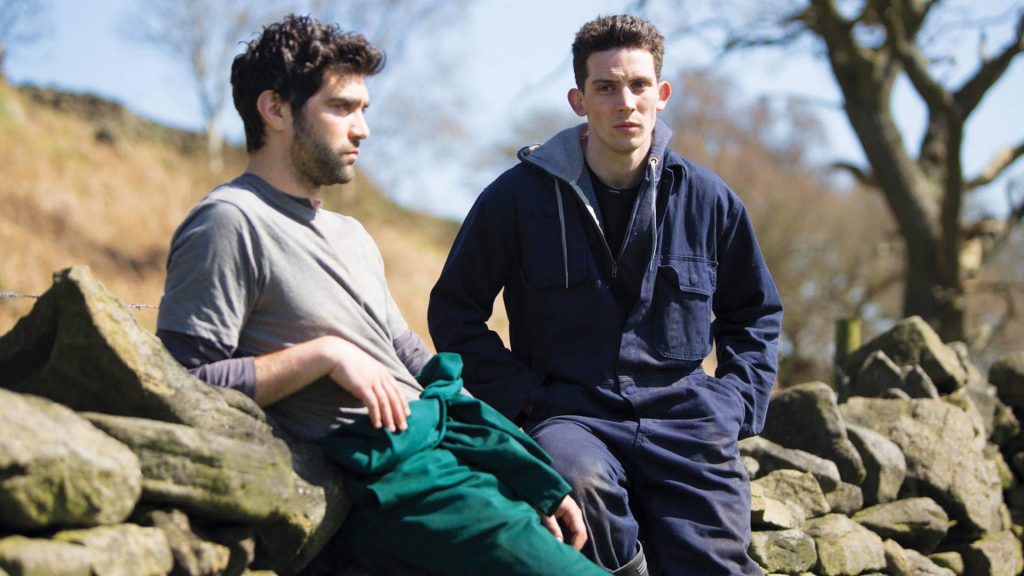
Last month, I wrote about British Romantic Comedies and how they are, to their detriment, apolitical. They ignore the issues of class, sex, race, and many others that face our country today. Cinema from the North is the exact opposite: Mike Leigh’s Peterloo told a socialist story and portrayed a massacre that most had forgotten, Clio Barnard’s The Arbor is an experimental genre-blend that explored race and gender inequality on a Bradford Estate through the experience of Andrea Dunbar, Francis Lee’s God’s Own Country is a rich, political, and delightfully queer story set in the Yorkshire countryside, and William Oldroyd’s Lady Macbeth is an electric story of deception and desire filled with sexuality and power.
It seems cinema and the North are perfect bedfellows yet to some if you want to experience ‘the arts’ you have to perform the pilgrimage down to London and sell your soul for a Pret A Manger wrap… but creators and artists have had enough. There is a fight to create more opportunities and indeed more stories from the North with the recent move of Channel 4’s HQ to Leeds and the current construction of a film studio in Liverpool to rival Pinewood proving a good start. If the industry in place then hopefully vital voices will come through.
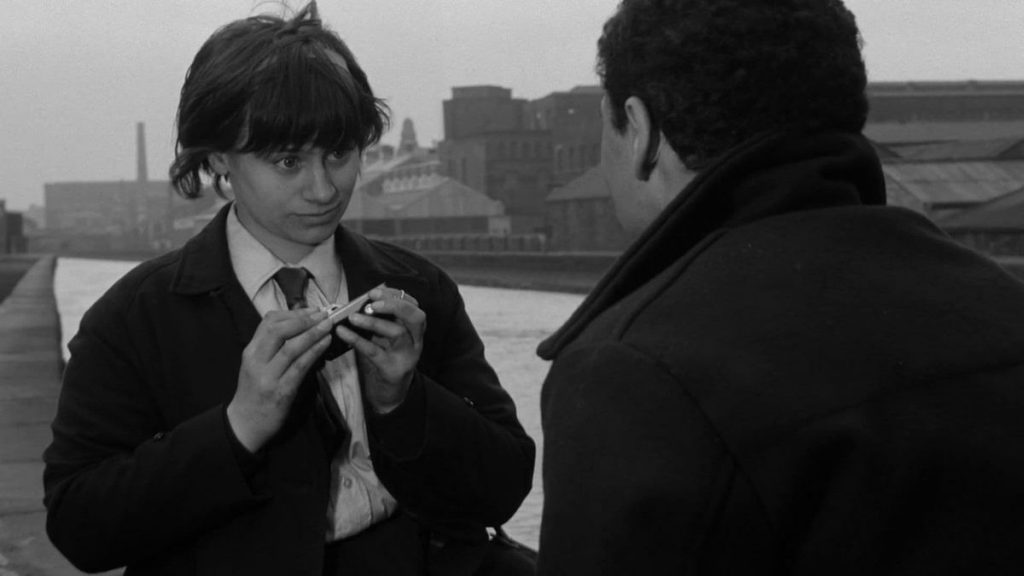
When Shelagh Delaney wrote A Taste of Honey (one of the most performed plays in British history and adapted into an acclaimed film in 1961) she did so after a boy trying to impress her took her to the Manchester Opera House to see a play. She wrote in a letter to theatre producer Joan Littlewood, ‘I had discovered something that means more to me than myself.’ As such, she created work that found drama and gravity in the world she came from. She found a voice and something to say and dared to push forward into a world she knew wasn’t built for her.
Like Delaney, the North is a place talent can, if given the opportunity, thrive. It has produced writers from the working-class comedy stylings of Willy Russell to the intrigue and betrayal of Jed Mercurio. It has formed directors like Terence Davies, whose Liverpudlian self-portraits are stunning and musical. Acting-wise, it has offered some of the strongest and most memorable performances in cinematic history. This writer has issues every day knowing we live in a world in which Julie Walters did not win an Oscar for her role as the chain-smoking, brash, ballet teacher living in Thatcher’s Britain in Billy Elliot. Nor will he be able to sleep well at night ever again knowing Jane Horrocks wasn’t even nominated for her dazzling and wild performance as a shy woman with a talent for impersonating musical icons in Little Voice. He will also forever be frustrated that Maxine Peake’s talent continues to go underappreciated and that routinely that affluent actors from the South continue to gain the most acclaim.
That relationship then? One in which talent has to stand out and fight for a seat at the table, to work to prove that the North is a place of art and culture, and to tackle politics and class head-on. It will strive to eviscerate British cinema’s idea of classlessness and fight to render the idea of a single ‘British accent’ entirely moot. It will not rest until the North is seen as it really is: diverse, visceral, and truly alive.
Sorry We Missed You is released nationwide on November 1st.
Also Read: “Sorry We Missed You” UK Premiere Highlights & Interviews


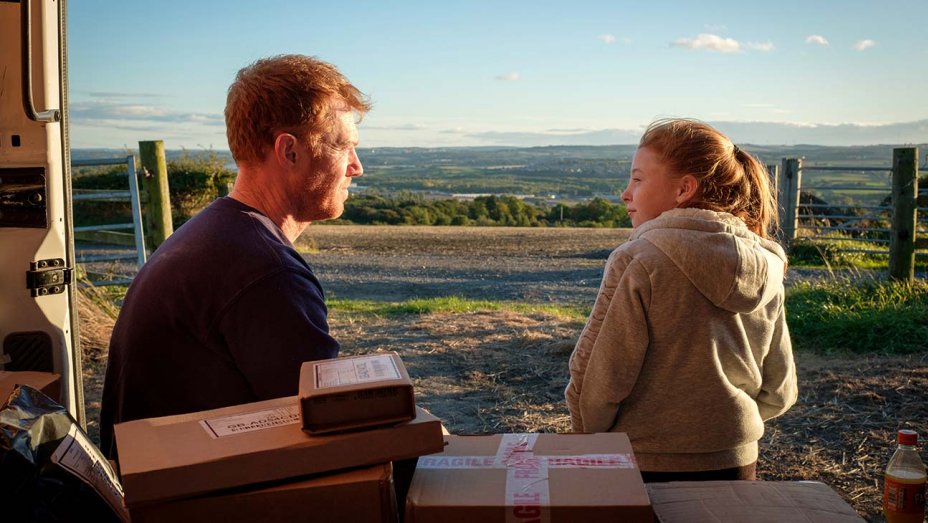
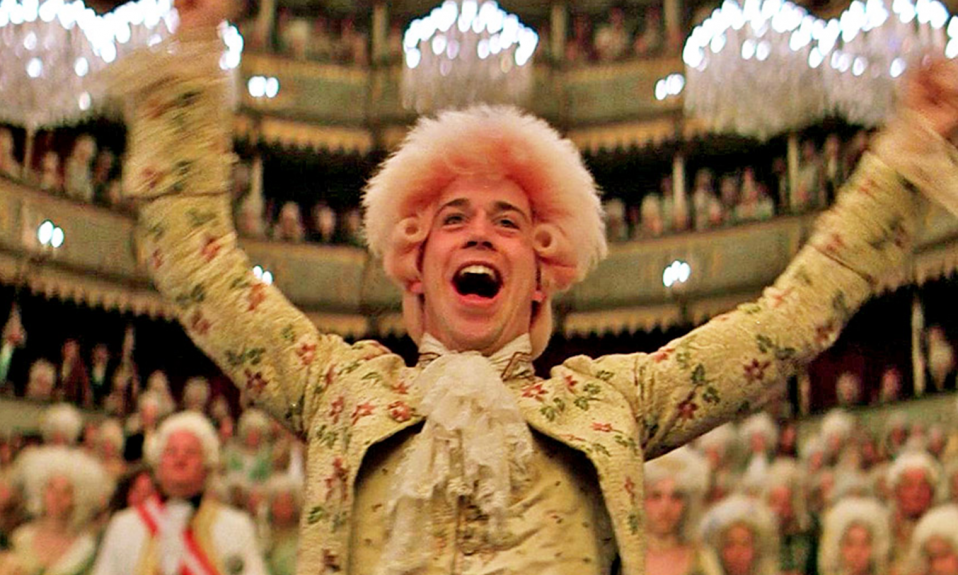
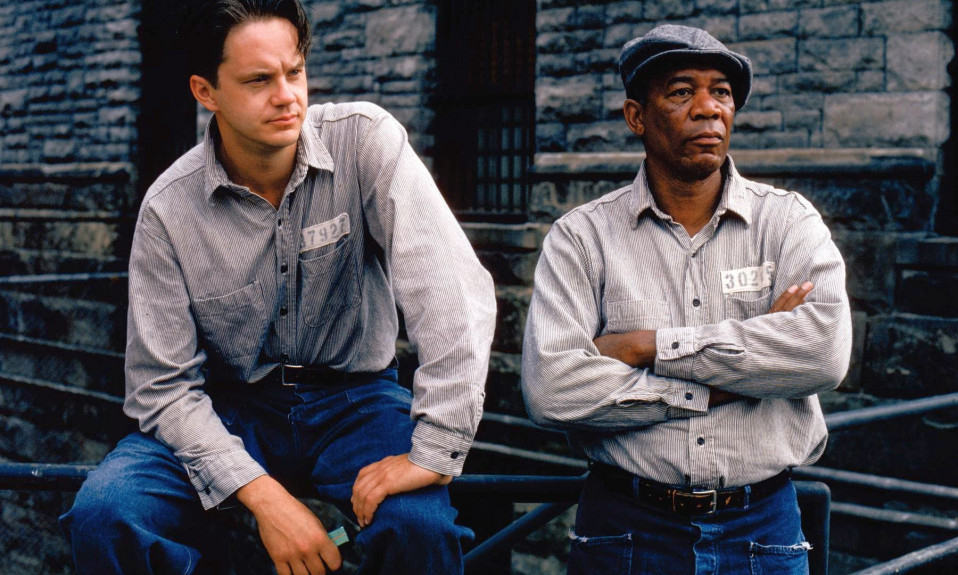









2 Comments
Comments are closed.